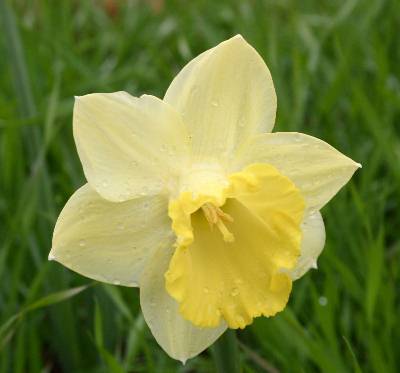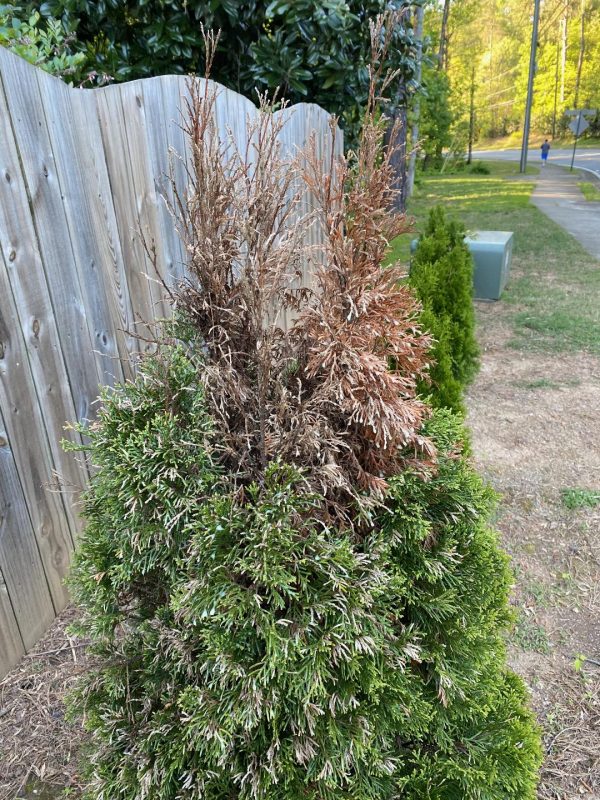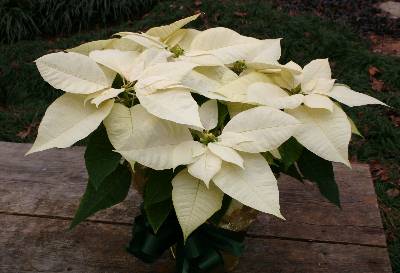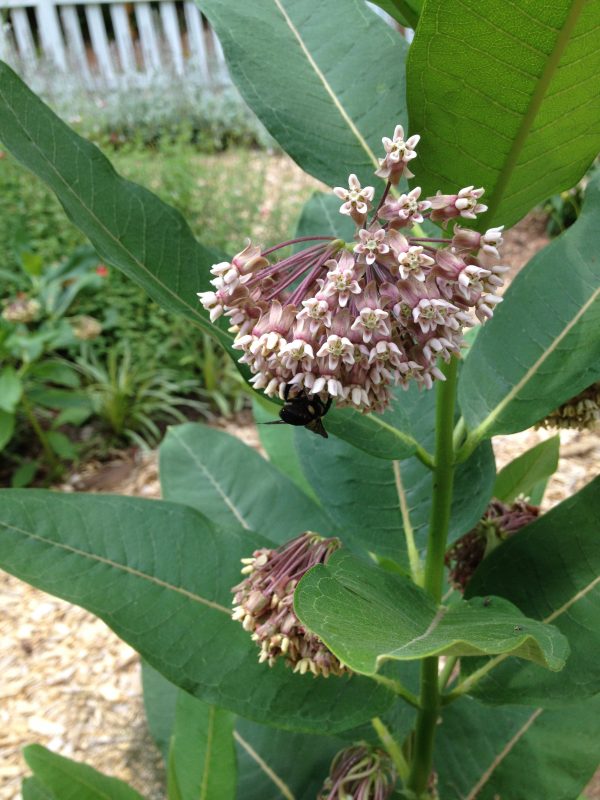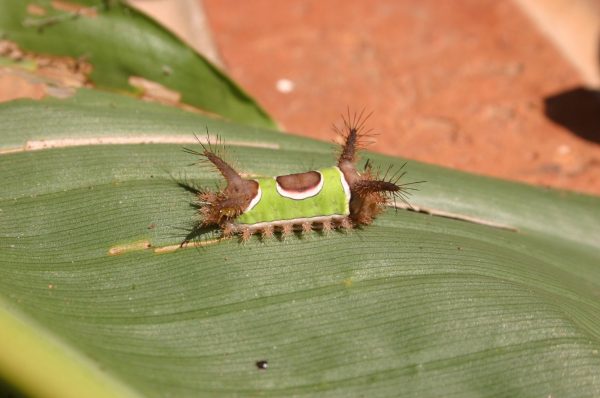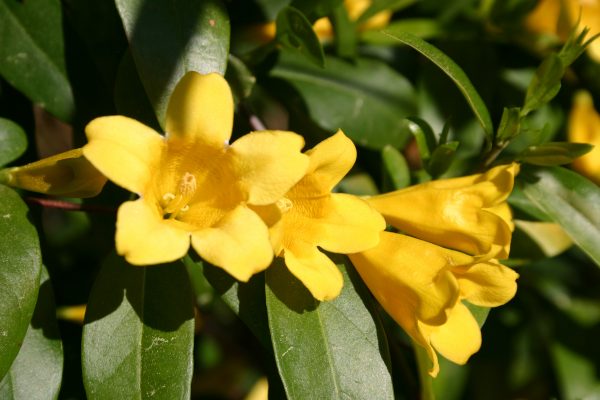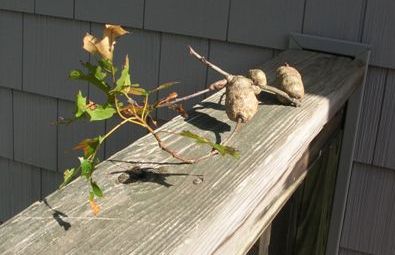Duckweed – Control
Q: We have a lake of approximately 2 acres. My problem is duckweed, Wolffia columbiana that has covered the entire surface of the lake. This has happened for the past two years.
Since the warm weather has returned the duckweed has started taking over the lake again.
A: Controlling a major weed problem in a lake is not a situation I recommend that you solve yourself. A few cattails or water lilies can be removed by hand but when weeds infest a large area an expert is needed.
Duckweed (or watermeal, as it’s also known) is difficult to control. It can be done chemically but you have to use the herbicides carefully.
E-mail Doug Jones at the Georgia Department of Agriculture (djones@agr.state.ga.us) and ask for the list of pesticide applicators who are licensed to work in aquatic environments. Contact the companies you are sent and describe the problem to them.
Another option to consider is to put sterile grass carp in your pond. These plant-eating fish will not eliminate the watermeal entirely but they will keep it under control. For more information on the carp, call the Georgia Department of Natural Resources, Fisheries Section (770-918-6418).
Remember, weed control in any lake depends heavily on controlling the nutrient (fertilizer) inflows into the lake. Pond weeds respond to fertilizer just like turfgrass and landscape plants: they grow rapidly. You and all other residents around the lake should establish a twenty-foot wide, fertilizer-free band of turf or plants at the water’s edge to keep lawn food from feeding the weeds in the lake. Managing the goose population is also important.



